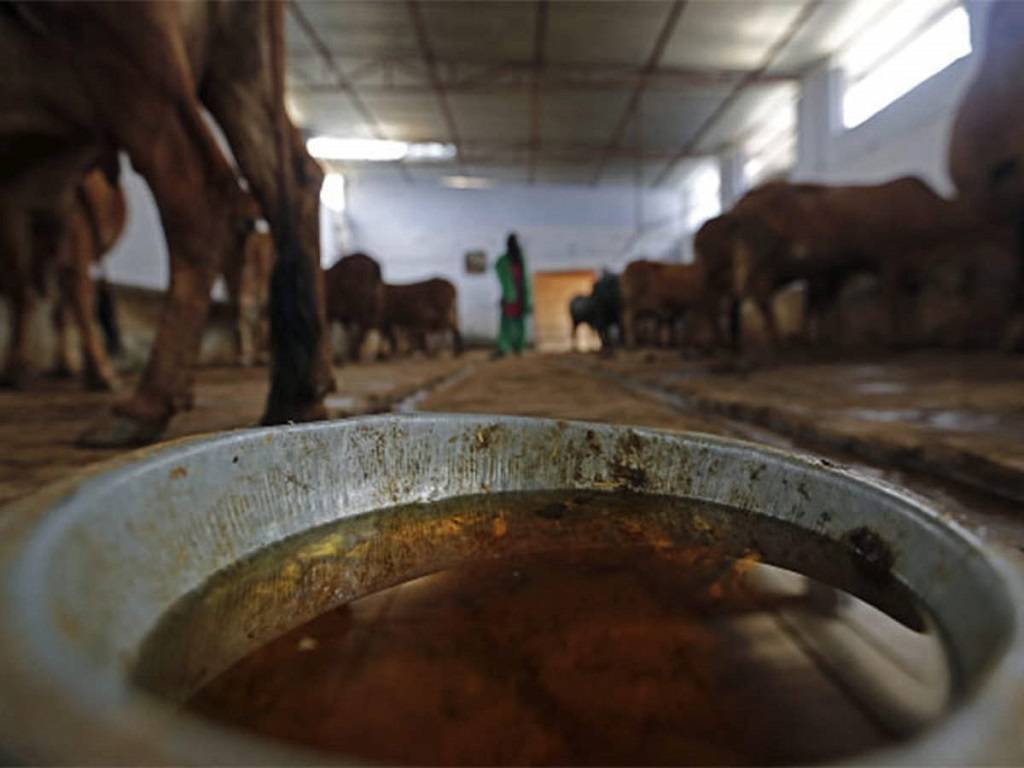
The Bhabha Atomic Research Centre (BARC) will assist the Chhattisgarh government in setting up electricity generation units that will use cow dung and agricultural waste.
In addition, the state, which currently acquires cow dung through the Godhan Nyay Scheme, is likely to begin purchasing cow urine, as Chief Minister Bhupesh Baghel asked Chief Secretary Amitabh Jain on Friday to submit an action plan in two weeks "for scientific and systematic use of cow urine in the agriculture sector."
The CM directed the Chief Secretary to draught the plan after consulting with agricultural scientists, farmers using cow urine instead of chemical fertilizers and pesticides, and experts of Kamdhenu University.
On Saturday, the BARC signed a memorandum of understanding (MoU) with the state to establish power plants utilizing cow dung and farm waste.
"There is a progressive reduction in soil fertility with the continual use of chemical fertilizers and toxic pesticides," Baghel told the media. The excess of chemicals in agriculture is having a negative impact on the general public's health. The usage of vermin compost and super compost made in the state's gauthans has shown favorable results. Chhattisgarh is moving towards organic and regenerative farming."
The other MoU signed on Saturday was between the Board of Radiation and Isotope Technology (BRIT), the Union government's Department of Atomic Energy, and the Chhattisgarh State Seed Agriculture Development Corporation to develop a food irradiation center in the state.
According to authorities, the center will assist in preventing food items, particularly fruits, vegetables, and pulses from spoiling as well as ensuring better prices for farmers' produce.
According to Agriculture Production Commissioner Kamal Preet Singh, irradiation technology is utilized to extend the shelf life and enhance the quality of food products. People will be trained to utilize this technology, according to Singh.
















